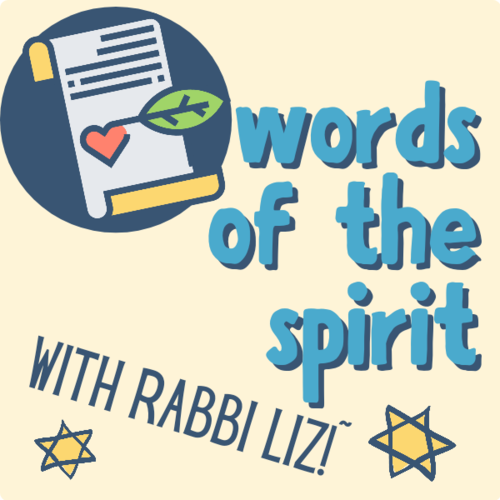The Lost Holiday
13/05/2015 09:56:23 PM
| Author | |
| Date Added | |
| Automatically create summary | |
| Summary |
Think of a Jewish holiday. What comes to mind? Food, decorations, preparations, new clothes, food, special songs, family gatherings, synagogue gatherings, symbols, stories, more food.
Hanukkah? Check. (See: latkes, menorahs, dreydls, donuts, Maccabees). Purim? Passover? Each of us can generate a list of at least a few elements pertaining to most Jewish holidays, regardless of our individual experiences with them.
We are approaching the Jewish holiday with possibly the least “name recognition,” and yet the one that is assigned to celebrate our most central and sacred symbol, Torah. The one that has ice cream and mac and cheese as special foods. The one that falls off the map of most fall-through-spring religious schools. The one that does not go on for eight days.
Also: the one that is most likely to be celebrated by hardened Israeli secular kibbutzniks (because its agricultural origins in ancient days inspired the farm collectives’ workers, who would decorate the bulls’ horns with flower garlands, just as in ancient days of the pilgrimage festivals). A clue for Hebrew speakers: it means sevens, or weeks, and comes seven weeks after Passover.
We give up, you say. It’s Shavuot, the forgotten one-day holiday (two in the extra diaspora-day tradition) that marks the Revelation at Sinai, also called zman matan torateynu, the time of the giving of the Torah.
Perhaps liberal Jews can be forgiven for allowing this short festival that usually falls in June, with its focus on a canon that may connote remote personal relevance, and hold no memorable associations, to drop off the radar. But many Shavuot traditions, such as the all-night study sessions, culminating in a sunrise festival service, have been reclaimed and adapted. For a few years it was a great opportunity, with my previous community, to join with other congregations from across the denominational spectrum to discuss contemporary issues of shared interest through text study at an annual multi-congregation Tikkun Leyl Shavuot [see OrH newsletter].
Inter- and multi-faith issues are often connected to Shavuot, as the book of Ruth is assigned to be read on this festival. Ruth the Moabite’s commitment to her mother-in-law’s people is poetically captured in the beautiful and justly renowned verses: Wherever you go, I will go; wherever you lodge, I will lodge. Your people will be my people; your God, my God.
Maybe this holiday can be your holiday, perhaps this year. Blintzes await.
Wed, 9 July 2025
Special Messages from the Rabbi
Privacy Settings | Privacy Policy | Member Terms
©2025 All rights reserved. Find out more about ShulCloud







